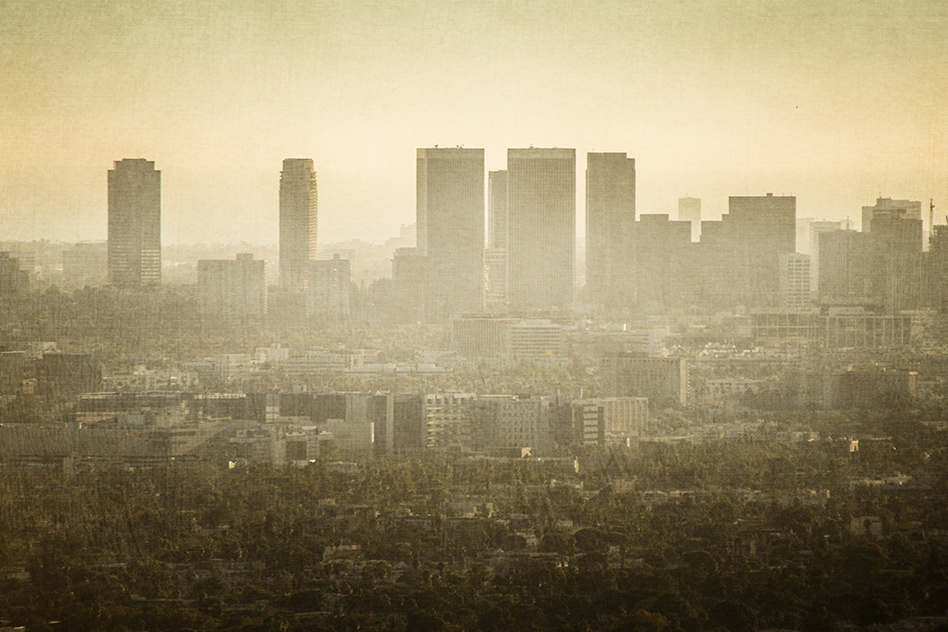MIT researchers have developed methods for measuring the impact of air pollution on the performance of a solar installation. Data collected over a two year period in Delhi, India, demonstrated that haze resulting from the presence of fine particulate matter in the air, reduced PV panel output in the city by an average of 12%.
The study, Urban haze and photovoltaics, published in the journal Energy and Environmental Science, goes on to estimate haze-related reductions for 16 more cities, ranging from 2% in Singapore, to 9.1% in Beijing.
The researchers point out that these percentages could be larger than the profit margin for some solar installations, and could mean the difference between success and failure for some projects. “When you’re doing project planning,” says MIT Research Scientist Ian Marius Peters, “if you haven’t considered air pollution, you’re going to undersize and get a wrong estimate of your return on investment.”
The study estimates that in Delhi alone, lost revenue from PV generation due to air pollution could amount to $20 million a year. Like much of India, the capital city has embraced solar in recent years, and launched several schemes to encourage individuals and businesses to install rooftop solar, including one specifically aimed at using solar generation to reduce the city’s air pollution.
Interestingly, the study also uses spectrum data from Singapore to project that emerging solar technologies would be far worse affected than crystalline silicon technology. Their calculations show an additional 23% performance loss for gallium arsenide cells, and a 42% drop for a perovskite (1.64 eV) based solar cell.
This content is protected by copyright and may not be reused. If you want to cooperate with us and would like to reuse some of our content, please contact: editors@pv-magazine.com.









By submitting this form you agree to pv magazine using your data for the purposes of publishing your comment.
Your personal data will only be disclosed or otherwise transmitted to third parties for the purposes of spam filtering or if this is necessary for technical maintenance of the website. Any other transfer to third parties will not take place unless this is justified on the basis of applicable data protection regulations or if pv magazine is legally obliged to do so.
You may revoke this consent at any time with effect for the future, in which case your personal data will be deleted immediately. Otherwise, your data will be deleted if pv magazine has processed your request or the purpose of data storage is fulfilled.
Further information on data privacy can be found in our Data Protection Policy.